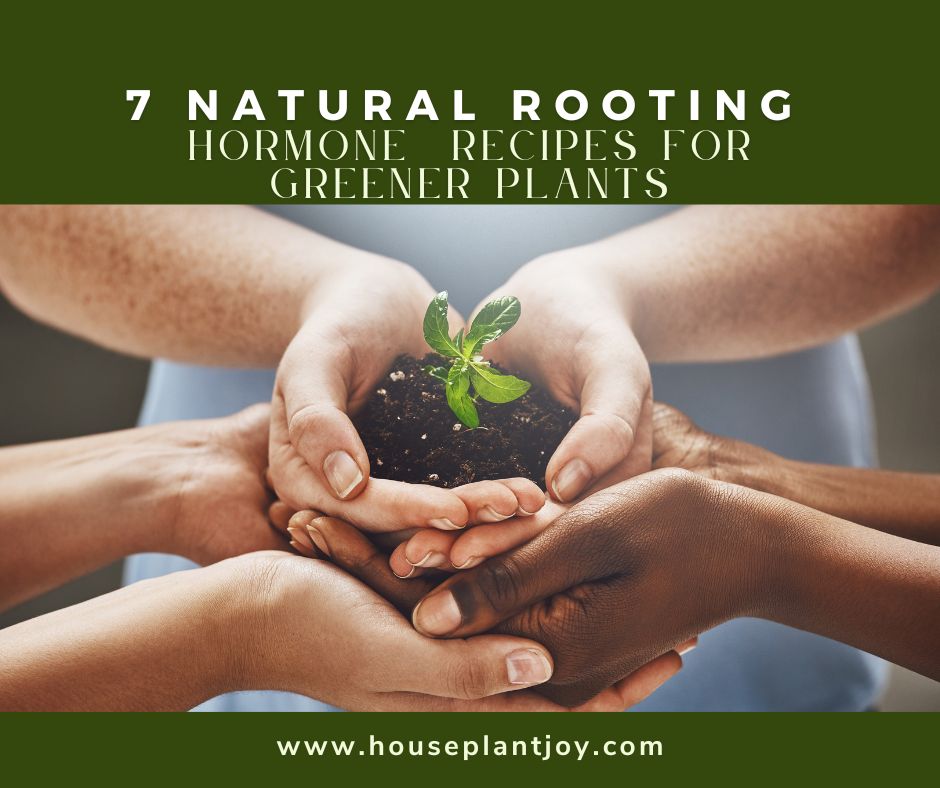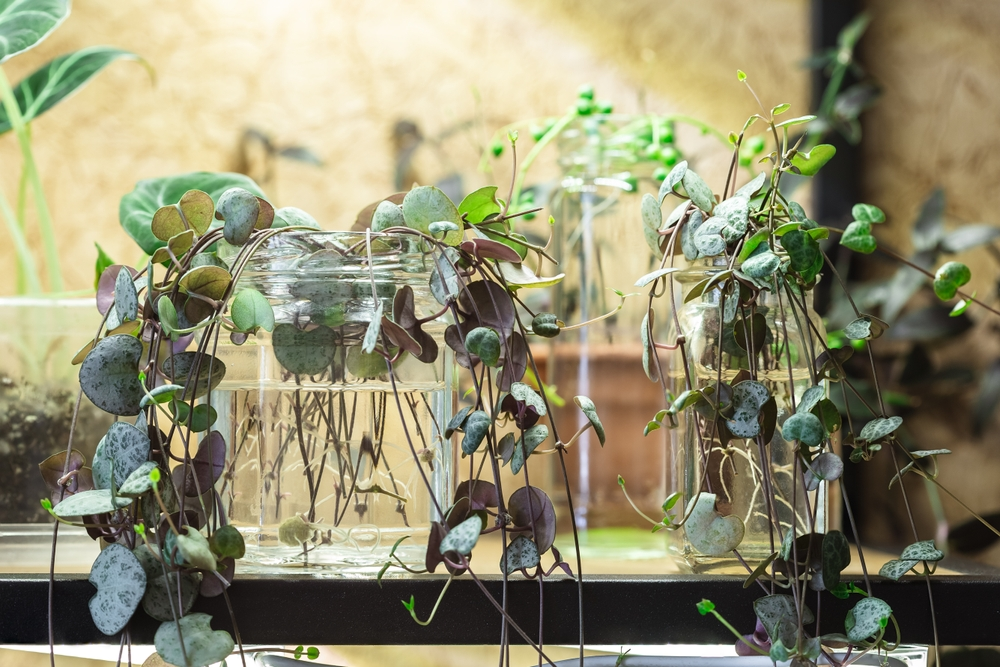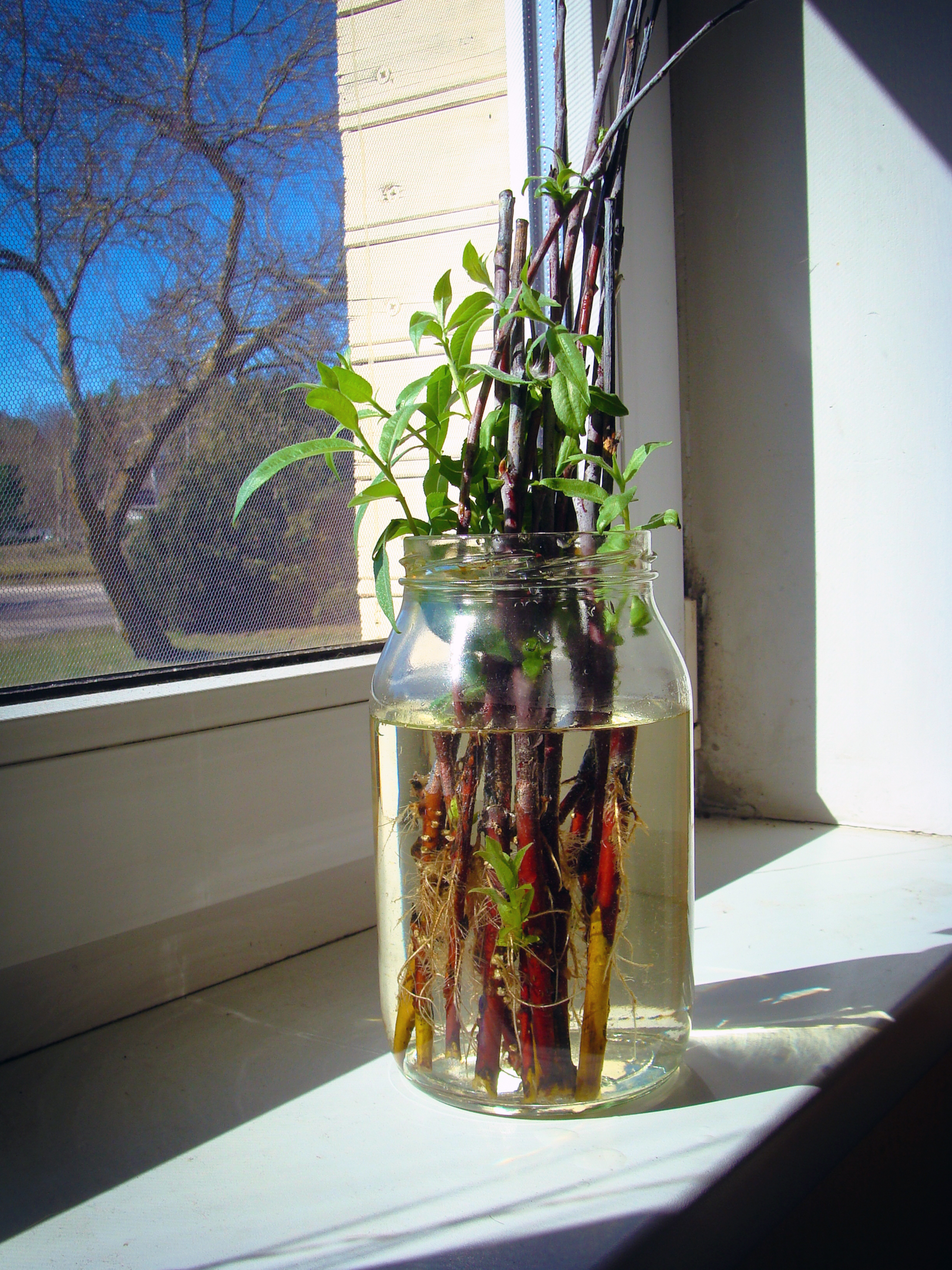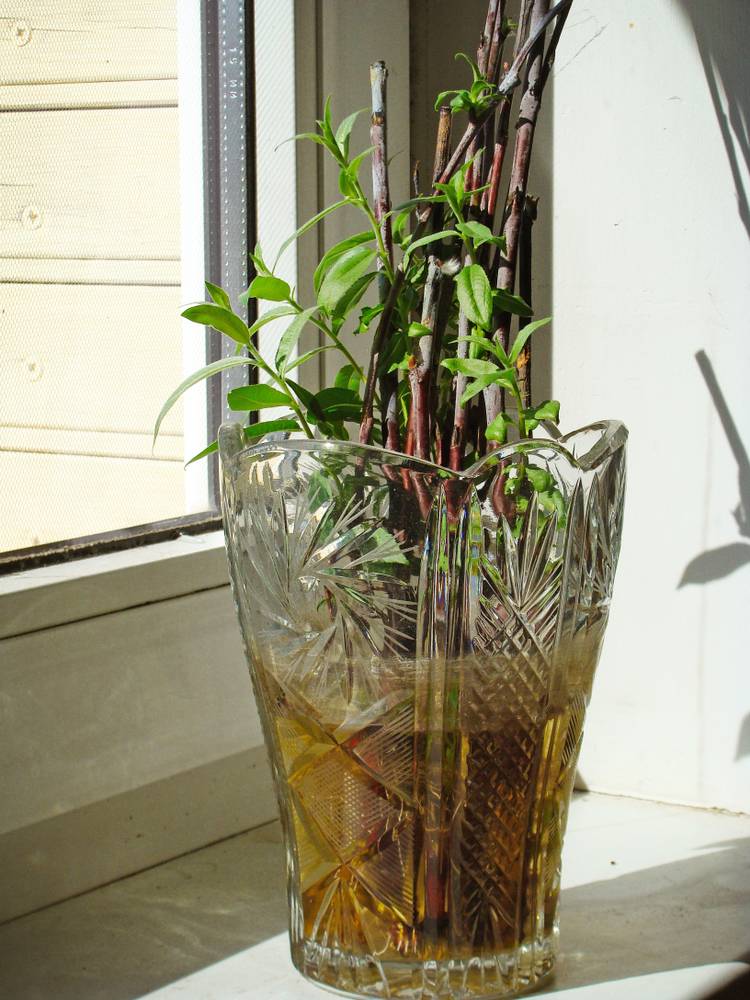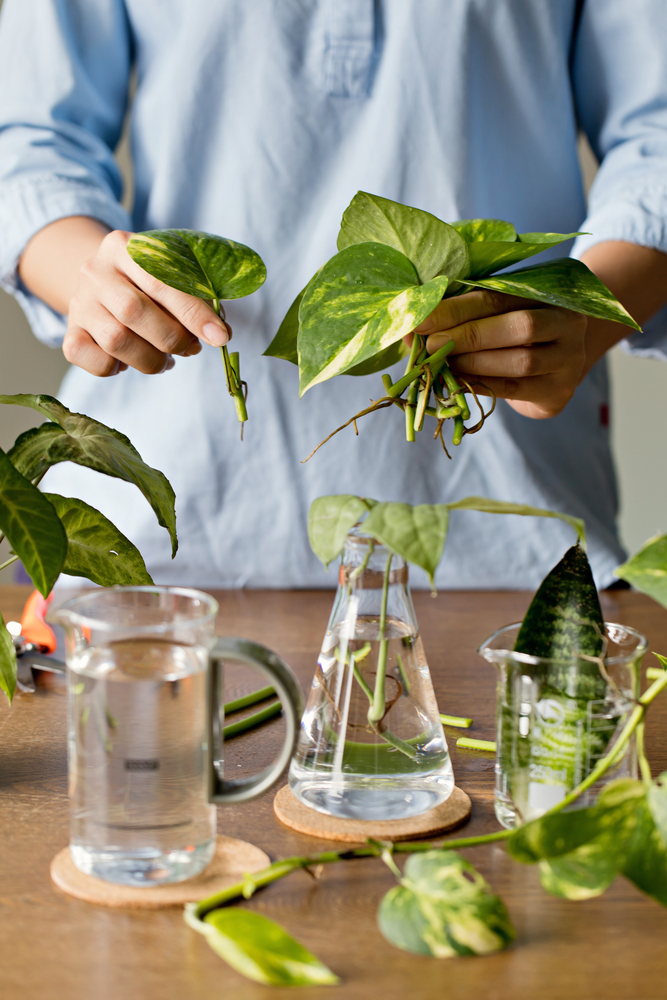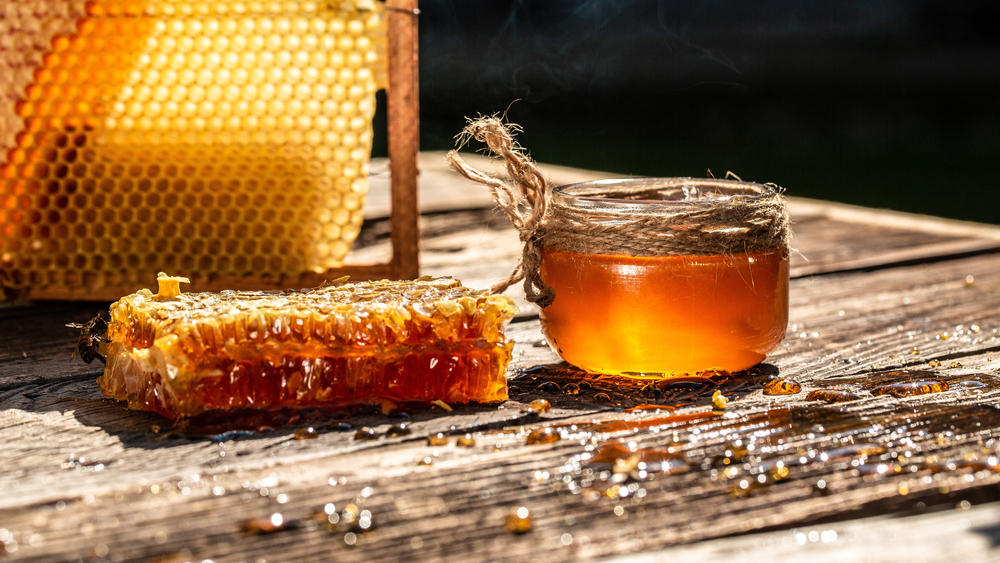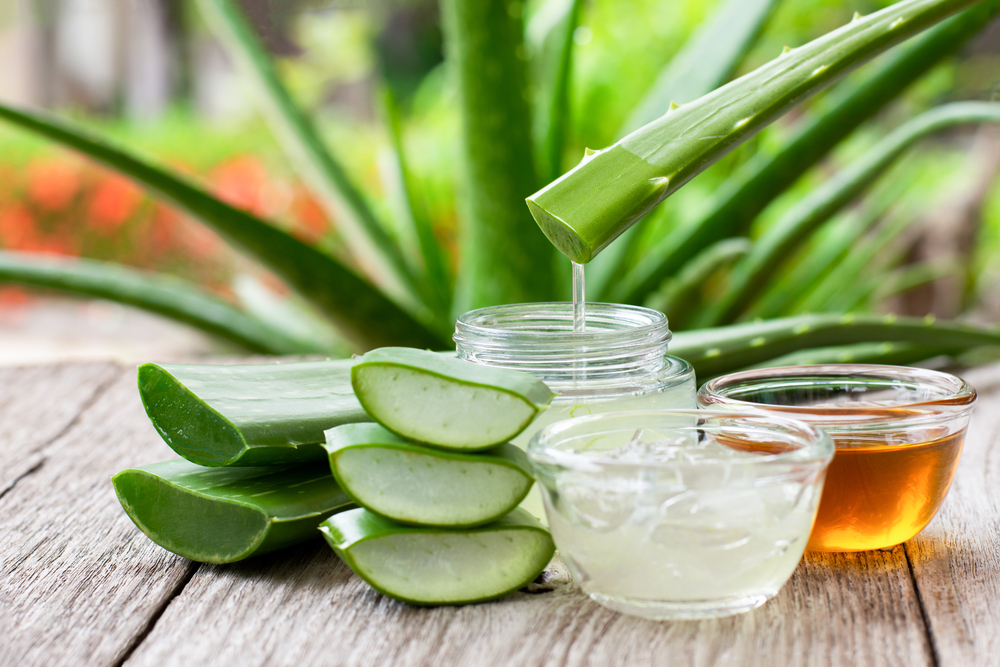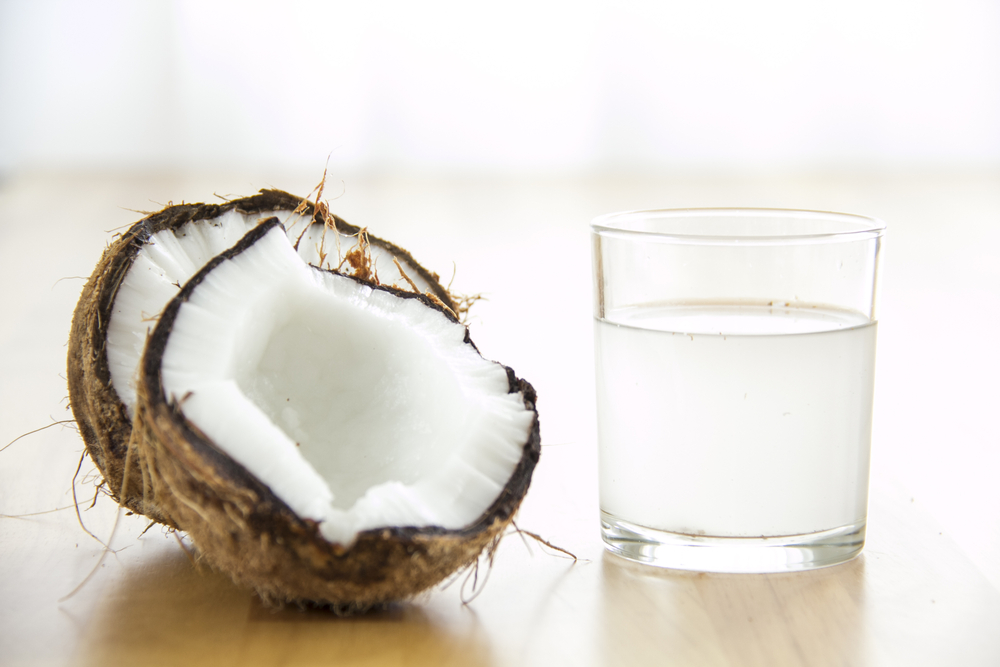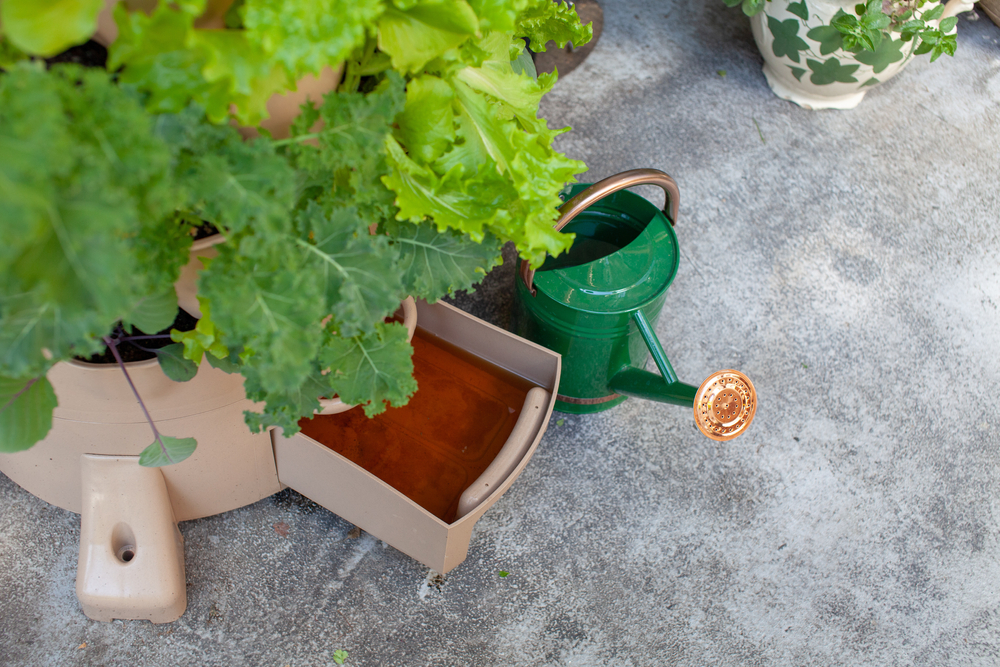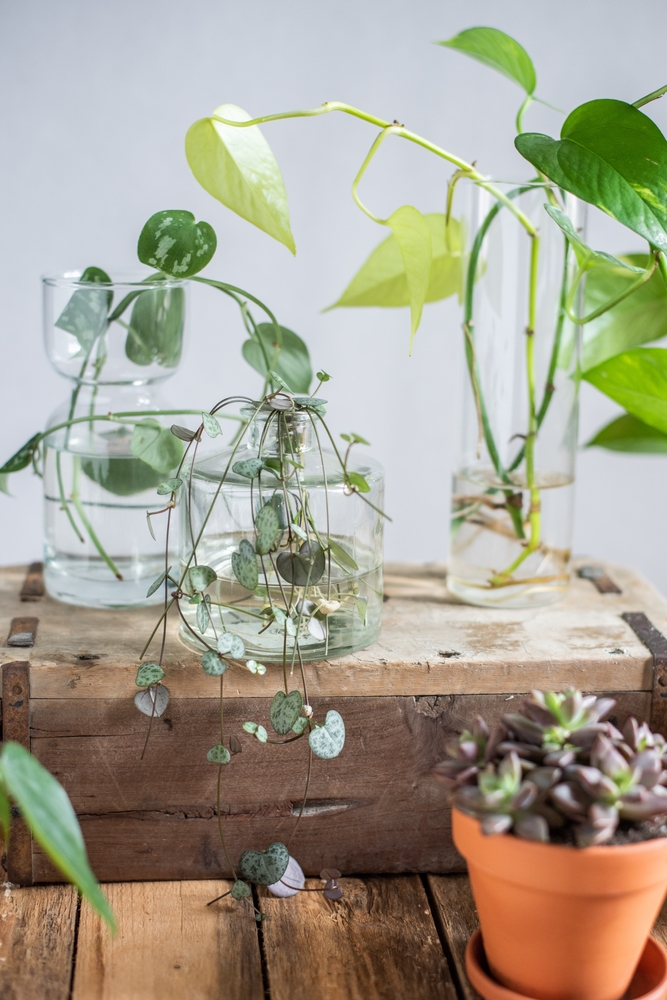HousePlantJoy is supported by our audience. When you purchase through one of our links, we may earn a small affiliate commission. As an Amazon Associate I earn from qualifying purchases. Your cost is not affected.
==================
Are you looking for a natural and eco-friendly way to propagate your plants? Look no further! In this blog post, we’ll explore seven homemade recipes that can help your plants grow greener and healthier using a natural rooting hormone. Say goodbye to commercial rooting hormones and embrace the power of natural ingredients for plant propagation success.
Key Takeaways
- Learn about natural rooting hormones to promote healthy root growth in plants.
- Utilize natural ingredients such as willow water, raw honey, and aloe vera gel for antimicrobial protection and plant stimulation.
- Follow essential tips for successful propagation to witness your plants flourish!
Understanding Natural Rooting Hormones
Natural rooting hormones are a type of plant hormone, specifically plant-produced substances that promote root growth and development, such as auxins, which include Indole-3-acetic acid (IAA) and Indole-3-butyric acid (IBA). Auxins are incredibly beneficial plant hormones found in the stems, root tips, and buds, present in all plants in varying concentrations, providing a great advantage to the plant’s growth.
Creating your homemade rooting hormone from natural ingredients such as cinnamon, aloe vera, or honey presents an eco-friendly alternative to synthetic chemicals. This natural root hormone approach promotes growth without resorting to harsh commercial products.
Ready to discover the world of organic rooting hormone recipes? We’ll uncover effective and eco-friendly methods for nurturing healthy plant root growth.
Advantages of Using Natural Rooting Hormones
There are several benefits to using organic rooting hormones. One of the main advantages is that they can substantially boost the success rate of plant cuttings, safeguard them from diseases, and offer an economical and eco-friendly alternative to commercial products.
Natural Rooting Hormones Have The Following Benefits:
- Made from readily available natural ingredients
- Not damaging to the environment
- Cost-effective
- Eco-friendly alternative to commercial rooting hormones
Natural rooting hormones can also significantly boost the success rate of rooting cuttings by stimulating root growth and safeguarding them from diseases with antimicrobial protection. These natural alternatives, such as apple cider vinegar, aspirin, and even your spit, can be great ways to aid your plant’s growing process, providing protection and promoting growth.
Given these benefits, it’s unsurprising that many gardeners gravitate towards natural rooting hormones for their plant propagation.
Willow Water: A Traditional Rooting Aid
A time-tested rooting aid, Willoe water is made from the beneficial properties of willow tree twigs. Willow cuttings are incredibly effective for rooting because they are naturally abundant in auxins, essential for promoting root growth. Additionally, willow water contains salicylic acid, an antimicrobial substance that helps protect the cutting from fungi and bacteria, giving the roots a better chance to form.
Making willow water involves steeping weeping willow twigs obtained from willow trees in water for a day or two. You can root the cuttings directly in the willow water or soak them in it for up to 48 hours for enhanced results before planting in potting soil.
While commercial rooting products may show a marked increase in rooting percentage compared to willow extracts, willow water remains a popular and natural choice for easy-to-moderately difficult-to-root plants.
Pothos Cuttings: Companions That Are Rooting Aids
Pothos cuttings contain high amounts of auxin hormone, which can help promote root formation in other plants. These cuttings are an excellent rooting aid because they can enable other plants to grow roots more quickly and efficiently. Many gardeners and plant enthusiasts have noticed faster root development when using Pothos cuttings alongside other slow-growing plants, even though no scientific evidence supports this claim.
To Use Pothos Cuttings as a Rooting Aid, Follow These Steps:
- Take a Pothos cutting and remove the first leaf above the cut ends.
- Dip the cut end of the Pothos cutting in rooting hormone powder.
- Place the Pothos cutting in a container filled with water or potting substrate.
- Allow the cutting to develop roots, which will help stimulate root growth in other plant cuttings placed in the same container.
African violets, roses, poinsettias, philodendrons, geraniums, coleus, and woody ornamentals are just some of the plants that benefit from Pothos cuttings.
Raw Honey: Antimicrobial Protection for Cuttings
Although raw honey doesn’t contain auxins, it provides adequate antimicrobial protection for cuttings, allowing them to develop healthy roots and thrive. Honey has remarkable antifungal properties that may effectively reduce fungal infections. In one study, raw and unpasteurized honey was found to have special effects on the root development of a range of plants. It performed much better than store-bought honey and plain water.
The rooting hormone was found to have the most successful rate, with 44% for propagating harder-to-root tropical hibiscus. Additionally, using honey was found to provide a beneficial effect of 18% still compared to the control group, which had an 11% success rate. To use raw honey as a rooting aid, dip the cut end of the stem cutting in raw honey before planting it in the soil. The antimicrobial properties of honey will help protect the cutting from pathogens, promoting healthy root development.
Aloe Vera Gel: Soothing Root Stimulator
Aloe vera gel, extracted from the aloe vera plant leaves, is a soothing and effective root stimulator for various plant species. The gel is rich in hormones such as auxins and gibberellins, which encourage root formation, and it also boasts antibacterial and antifungal properties that safeguard the cuttings and plants from infections.
To Extract Aloe Vera Gel For Use as a Natural Rooting Hormone, Follow These Steps:
- Cut a thick aloe leaf from one of your plants.
- Scrape out the gel from the leaf.
- Blend the gel in a blender with a little water to form a thick slurry.
- Use this gel as a rooting hormone for your plants.
Utilizing aloe vera gel equips your plants with a soothing stimulator, promoting their root development and overall growth.
Coconut Water: Tropical Root Booster
Coconut water is a tropical root booster abundant in auxins and other plant growth hormones. It provides the perfect conditions for coconut sprouts to flourish, no matter the environment, due to the liquid coconut water and the nutritious white flesh within the coconut.
To Use Coconut Water as a Rooting Aid, Follow These Steps:
- Soak the stem cuttings in coconut water for 4 to 6 hours.
- Plant the cuttings in the soil.
- The coconut water’s auxins and other plant growth hormones will help promote strong root growth, giving your plants a great start.
Vermicompost Tea: Nutrient-Rich Root Enhancer
Vermicompost tea is a nutrient-rich liquid made from worm castings that can enhance root growth and overall plant health. It contains auxin-producing rhizobacteria, which promote root growth, making it an effective natural rooting hormone. Vermicompost tea can result in longer roots and more buds on plant cuttings, providing great benefits for your plants.
Treat Your Soil with Vermicompost Tea! Here’s How:
- Combine 1 liter of vermicompost and 4 liters of water.
- Stir the solution regularly over the course of 24 hours.
- Pour the liquid through a strainer.
- Use this strained liquid to treat plant cuttings.
Vermicompost tea is an excellent alternative to synthetic rooting hormones, offering a nutrient-rich solution that promotes healthy root growth and overall plant health.
Cinnamon and Apple Cider Vinegar: Natural Antifungal Rooting Aids
A mixture of cinnamon and apple cider vinegar makes an excellent natural antifungal rooting aid. It protects cuttings from fungal infections and promotes healthy root development. Cinnamon helps plants produce more stems and prevents fungi from flourishing. The apple cider vinegar provides a hormone-rooting tonic to promote growth when used in moderation.
To Use Cinnamon and Apple Cider Vinegar as Rooting Aids, Follow These Steps:
- Sprinkle a little cinnamon powder onto the cut end of the stem cutting before planting it in the soil.
- Mix 1 teaspoon of apple cider vinegar with 6 cups of water.
- Use this mixture to water your cuttings.
Utilizing these natural ingredients furnishes your plants with antifungal protection and fosters healthy root development.
Tips for Successful Plant Propagation
To Ensure Successful Plant Propagation, It’s Essential To:
- Provide a suitable rooting medium
- Maintain a good growing environment
- Choose the right timing for taking cuttings
- Use natural rooting hormones
Increase the likelihood of successful plant propagation by using healthy cuttings and providing proper care.
Remember to allow the topsoil to optimally dry out before watering again, as this can help prevent overwatering and root rot. When using apple cider vinegar, be mindful of the recommended dilution to avoid harming your plants.
Incorporating natural rooting hormone recipes into your plant propagation routine allows for healthier, greener plants and reduces dependency on synthetic chemicals. Harness the power of natural ingredients and witness your plants flourish.
Wrapping It Up
In this blog post, we’ve explored various homemade rooting hormone recipes that can help your plants grow greener and healthier. By choosing natural alternatives to commercial rooting hormones, you promote root growth and protectto your plants from diseases and harmful chemicals.
As you embark on your plant propagation journey, remember to use these natural rooting hormone recipes and other helpful tips to ensure the success of your plants. With the power of nature on your side, your plants will indeed thrive!
FAQs
What is the best homemade rooting hormone?
Homemade rooting hormones have been used for centuries, with willow water and honey being the most common choices. Both have their own unique benefits, such as antibacterial, antiseptic, and antifungal properties from the honey, as well as promoting healthy root growth. Thus, the best homemade rooting hormone would be a combination of both!
What can be used in place of rooting hormone?
Using freshly cut willow twigs to create a natural rooting hormone, known as willow water, is an effective way to promote root growth and give your plants the nutrients they need. Steeping the twigs for 24-72 hours in plain water can create the brew, which can be used immediately on cuttings.
Is cinnamon better than rooting hormone?
Cinnamon has some benefits in preventing bacterial growth, but it does not contain rooting hormones. Therefore, it cannot help cuttings to create roots. Rooting hormone is a better choice for promoting root growth by itself. Use it in combination with apple cider vinegar for best results.
What can I put in water to help my cuttings root?
For best results when rooting cuttings, remove any flowers or buds from the stem before cutting it back to a node and stripping off the lower leaves. Place the cutting in a container filled with fresh water and add hydrogen peroxide or an aspirin solution for added root growth benefits. Finally, wait a couple of days and watch your roots grow!
How can I make willow water for rooting cuttings?
Making willow water for rooting cuttings is easy – simply steep willow twigs in water for a day or two, then root your cuttings directly in the willow water or let them soak for up to 48 hours before planting them in potting soil.
Alternatively, add the willow branches to your water with your cuttings. As explained, the willow stems act as a rooting stimulant. They encourage root growth in their companion plants. Usually, roots sprout within a few days. What an easy way to generate new plants from your houseplants!
Learn More About Propagating Houseplants!
Discover the various ways of propagating different houseplants like the spider plant! Join us on Facebook, Instagram, and Twitter for beautiful photos, plant care tips, and a community that celebrates the joy of indoor gardening.
Facebook: https://www.facebook.com/houseplantjoyblog
Instagram: http://instagram.com/houseplantjoy20
Twitter: https://twitter.com/HouseplantJoy
Let’s nurture our green spaces together!

